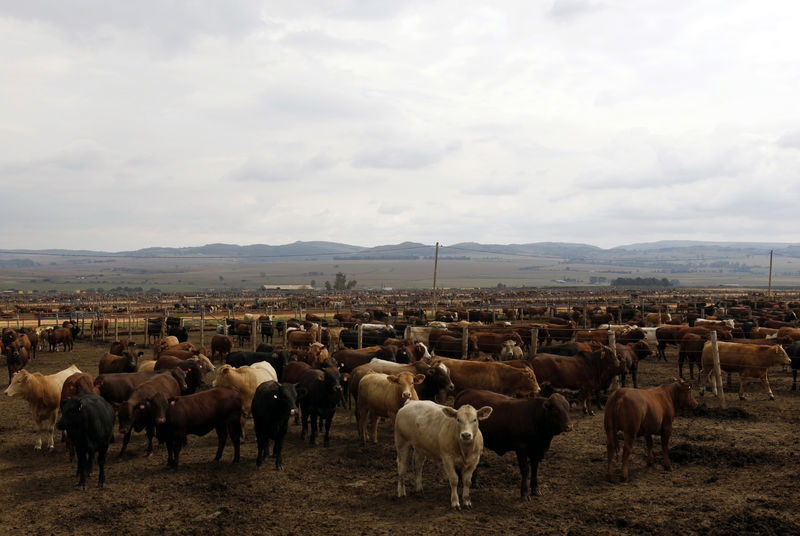
Foot and Mouth Disease Confirmed in South Africa
Positive laboratory results have confirmed Foot and Mouth Disease (FMD) in cattle in the Vhembe District of Limpopo, South Africa, the Department of Agriculture, Forestry and Fisheries said on Tuesday. In a statement, the department said samples were collected during a disease investigation after reports of cattle with lameness were received. The positive location is […]

Positive laboratory results have confirmed Foot and Mouth Disease (FMD) in cattle in the Vhembe District of Limpopo, South Africa, the Department of Agriculture, Forestry and Fisheries said on Tuesday.

In a statement, the department said samples were collected during a disease investigation after reports of cattle with lameness were received.
The positive location is just outside the FMD Control Zone in the Free Zone without vaccination.
“A team of experts from the department and the Limpopo Veterinary Services is on the ground conducting further investigations to verify the results and determine the extent of the outbreak. The control measures will be determined by the findings of this investigation,” the department said in a statement.

The matter was reported to the World Organisation for Animal Health (OIE) on Monday.
“As a result of this development, the official OIE recognised FMD-free status of South Africa is temporarily suspended. Consequently, any exports where FMD free zone attestation is required, cannot be certified,” the department said.
FMD is a severe, highly contagious viral disease which affects livestock with significant economic impact.
The disease affects cattle, pigs (both domestic and wild), sheep, goats, and other cloven-hoofed animals. The disease does not affect human beings.
Signs of disease may include depressed animals, sores in the mouth of animals causing reluctance to eat and lameness. Any suspected case of the disease in animals must be reported to the local State Veterinarian immediately.
The department said the affected area is under quarantine and no movement of animals and animal products are allowed. Farmers further away from the outbreak are cautioned to observe bio-security measures – not to allow any new animals into their herds, and to minimise the movement of their own herds to other farms.
Source: SAnews.gov.za
